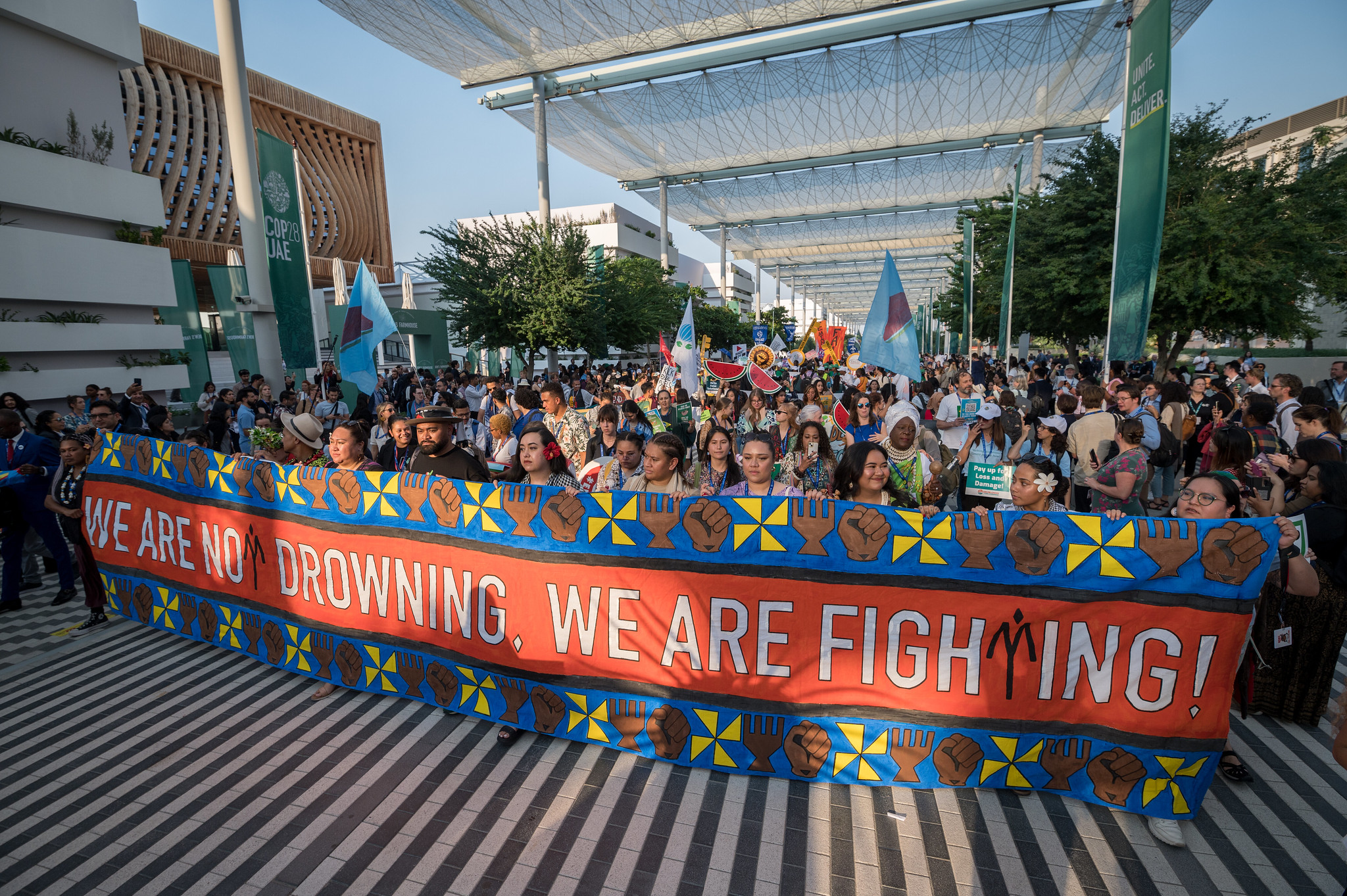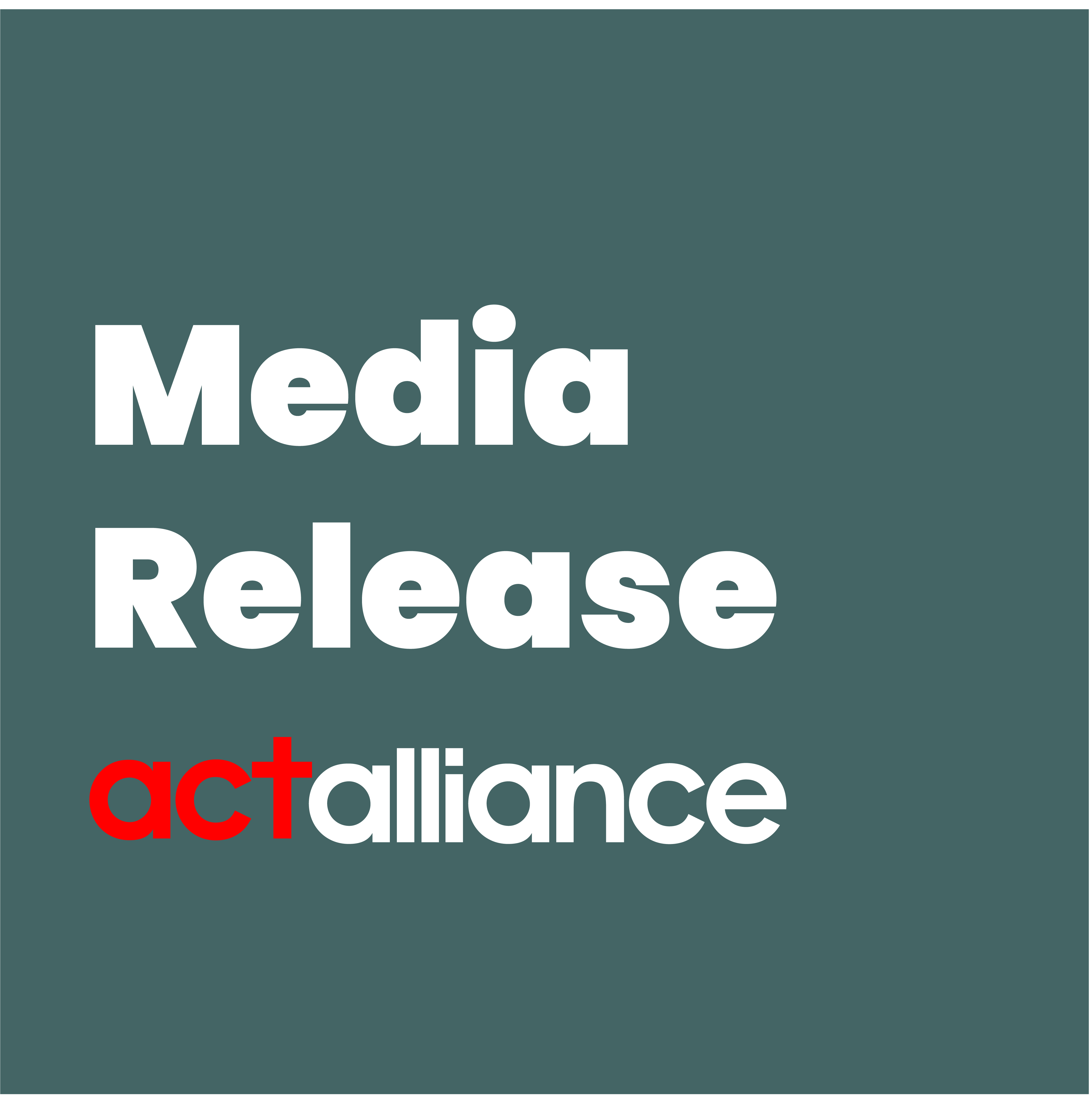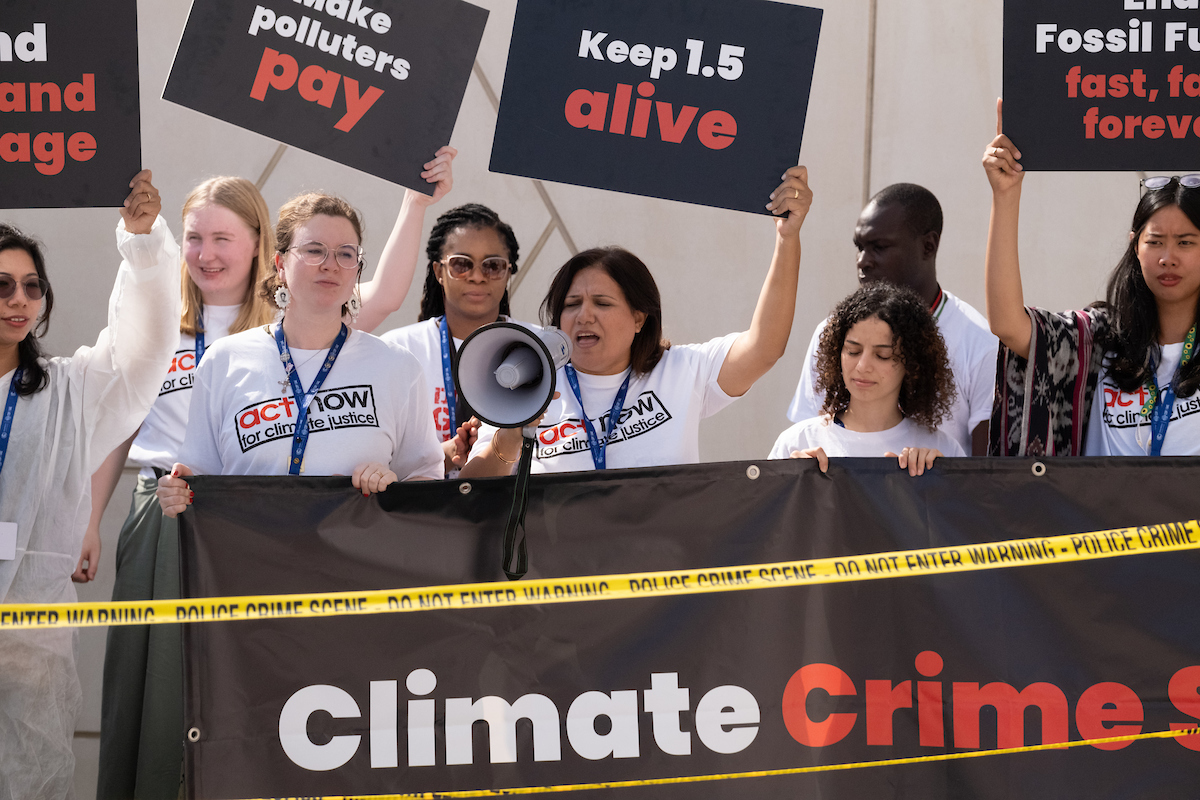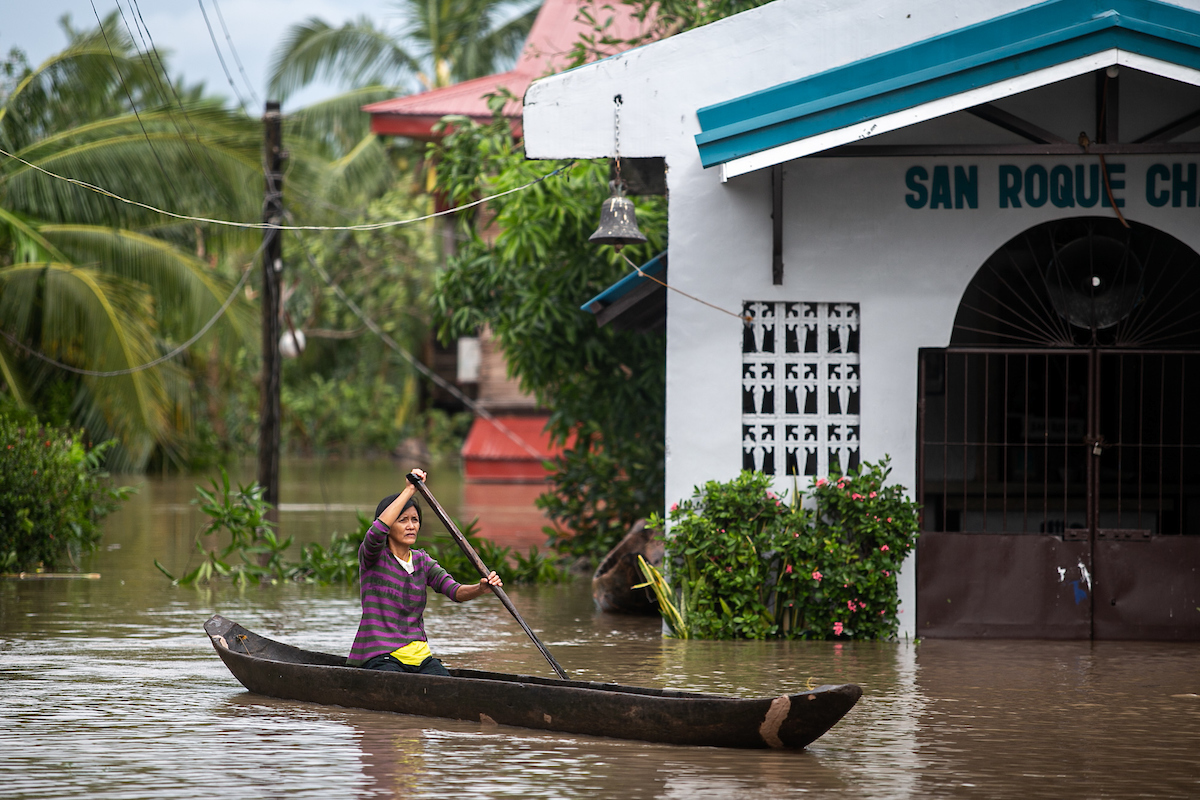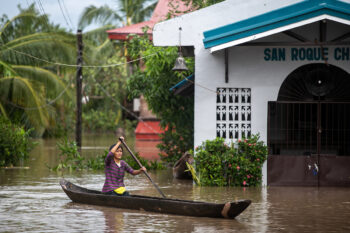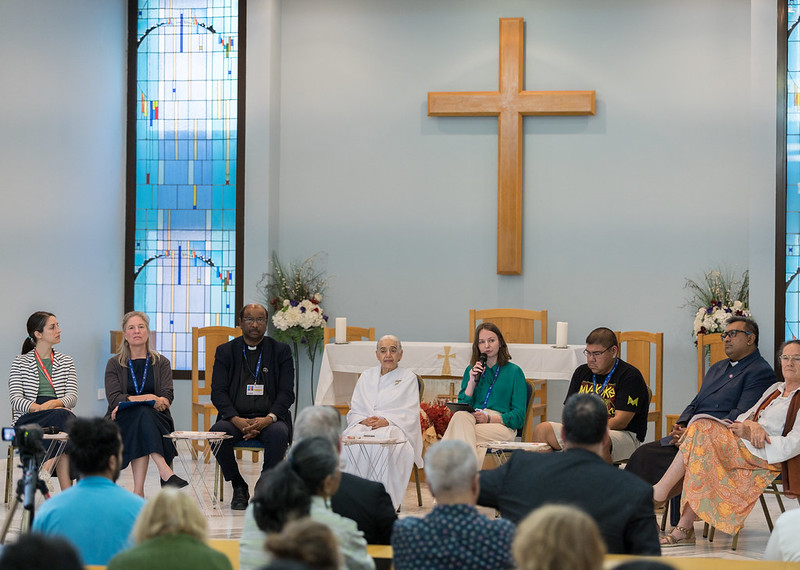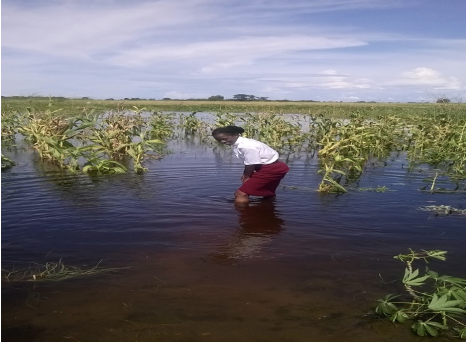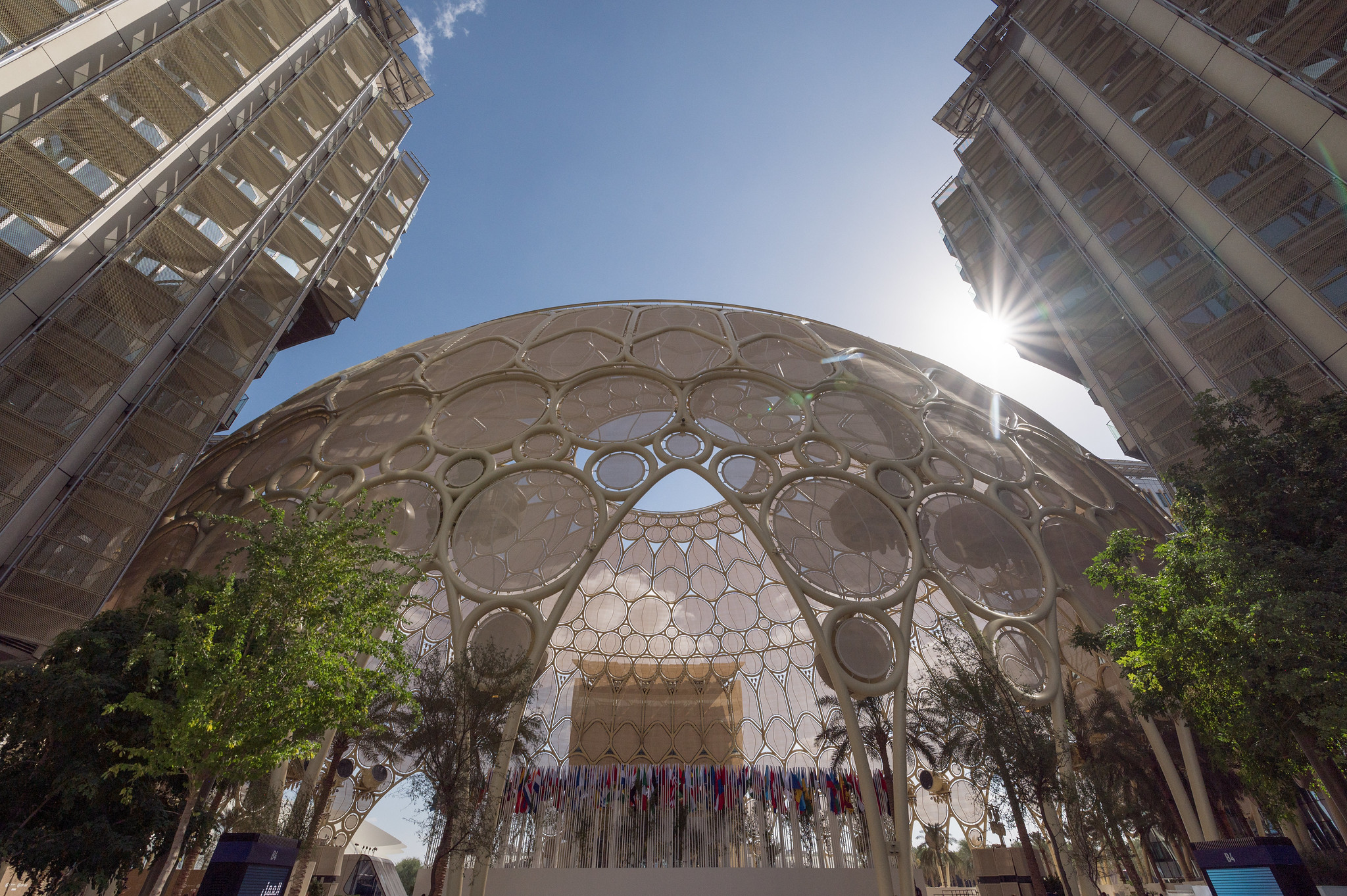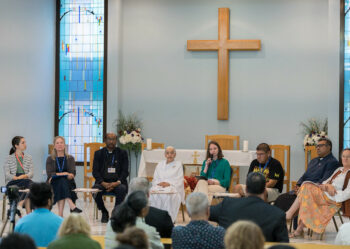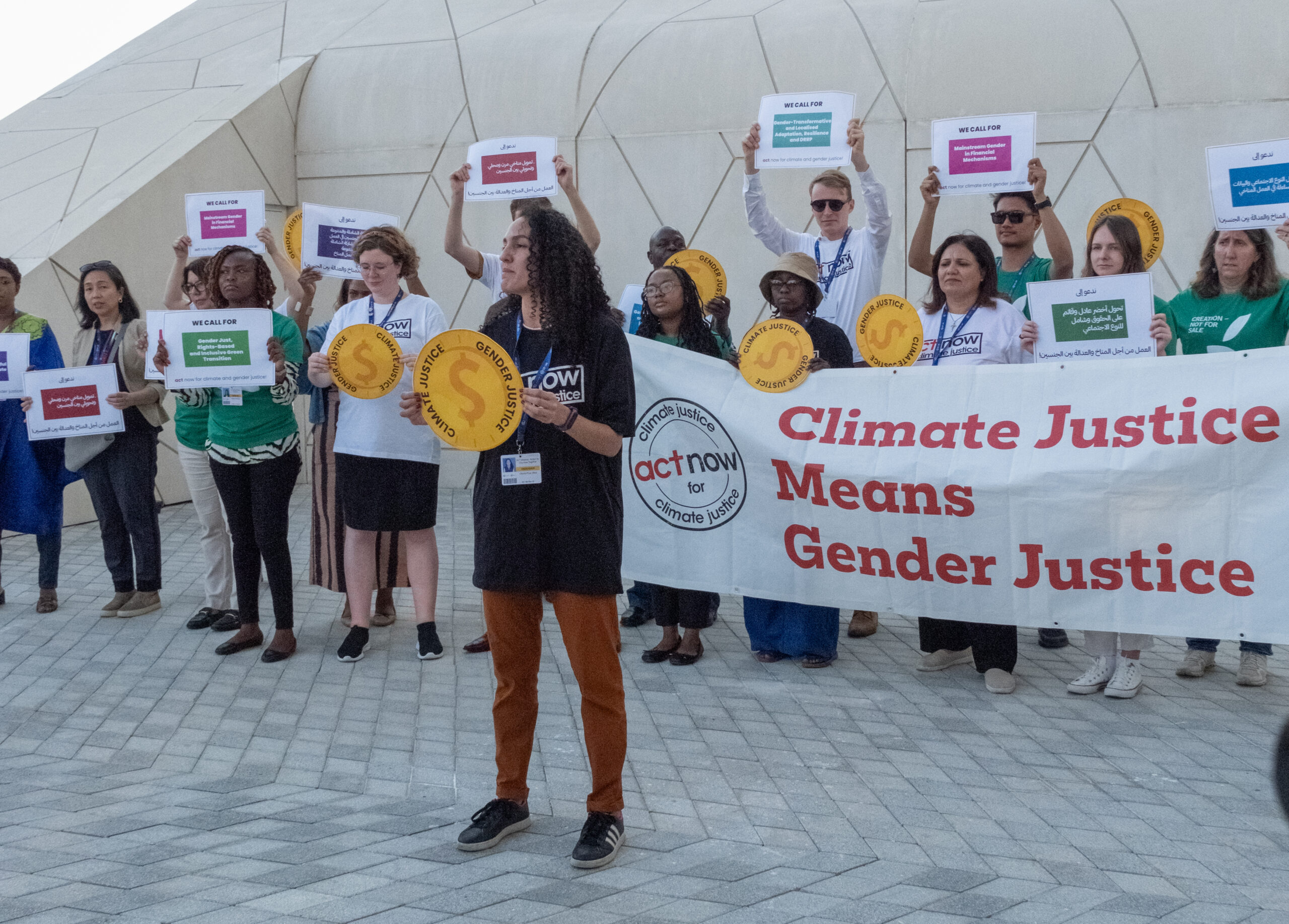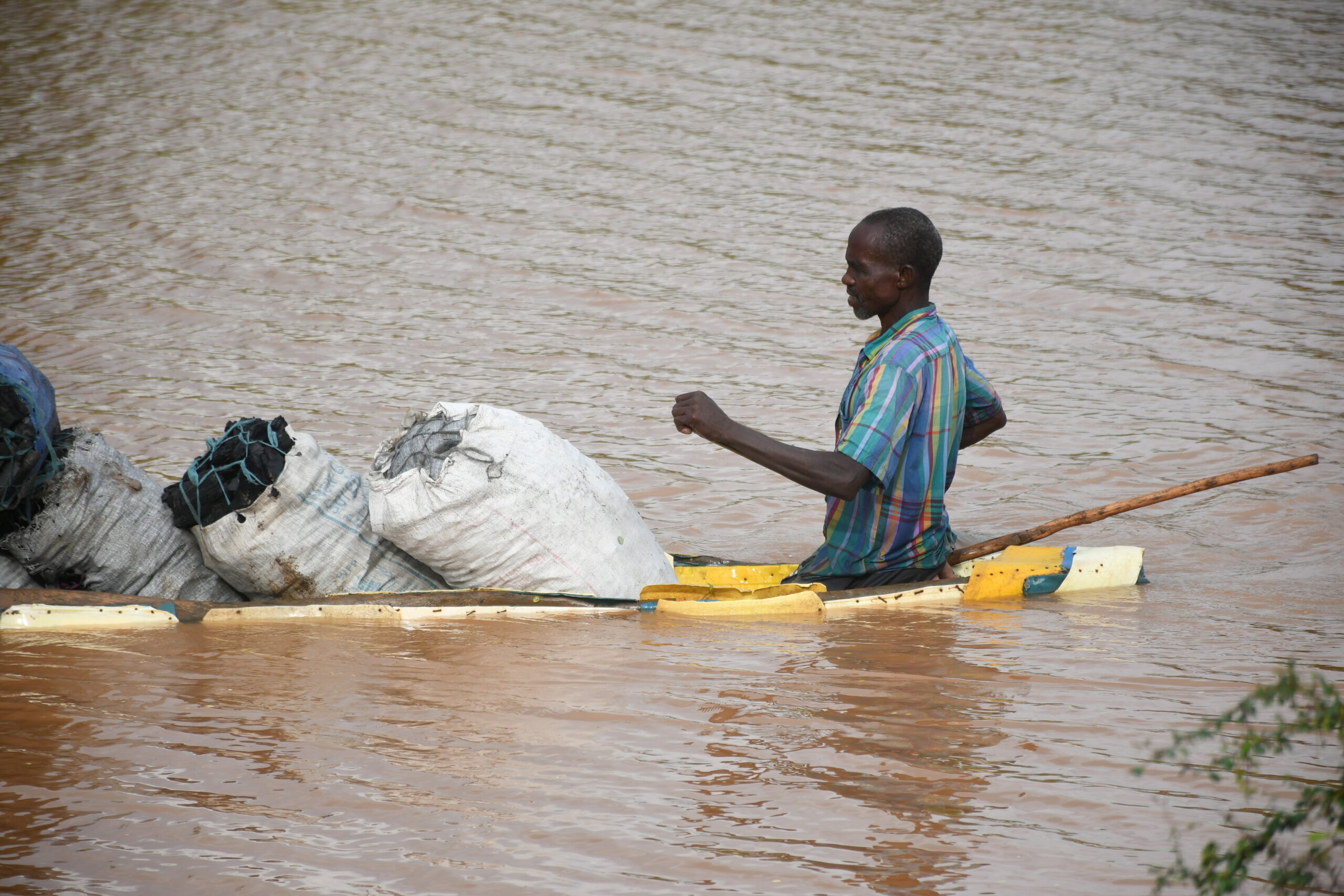By Nushrat Chowdhury
The historic agreement to operationalise the Loss and Damage Fund was completed in the early day of COP28. Thanks goes to the host of this year’s climate summit, the United Arab Emirates, for all their work in the run up to this moment.
Despite having no obligation to do so, the United Arab Emirates committed $100 million to the Fund, acknowledging its significance in helping climate vulnerable communities around the world. This gesture has paved the way for the industrialised nations to support the immediate capitalisation of the fund – only fair, as they are responsible for about 80 percent of historical greenhouse gas emissions.
At the time of writing, developed countries including the UK, the US, Ireland, Germany, Denmark, the Netherlands, Japan, Canada, Italy, Estonia and Spain had pledged around $500 million to the Fund. This is too little to support the needs of climate impacted communities. The economic costs of loss and damage in developing countries is estimated to be between $290 to $580 billion by 2030. This doesn’t include losses that are difficult to measure, such as the loss of territory, ecosystem services, and biodiversity.
While these pledges to the Loss and Damage Fund are appreciated, it is important to determine whether it is new and additional finance in the form of grants. Repurposing previously committed finance from humanitarian assistance or any other overseas development aid (ODA) will limit support for ever-growing humanitarian needs. Relabelling mitigation and adaptation finance as loss and damage finance will put more lives and livelihoods in danger. Given the interlinkages between mitigation and adaptation costs and loss and damage, delayed climate action will only contribute to increased and more frequent losses and damages in climate afflicted communities.
Addressing climate change is a matter of justice. Poorer communities are disproportionately impacted by the climate crisis despite having the least responsibility for causing it. New and additional grants-based finance can help climate change-affected communities rebuild their lives and livelihoods after a disaster strikes or following slow-onset disasters such as sea-level rise, river erosion, or desertification. There’s no way that relabeling or repurposing finance is acceptable in battling the climate crisis.
Developed countries also need to indicate their potential contribution in replenishing the Fund, as a significant portion of the finance pledged at this COP will be used to establish the facility with some finance going to related funding arrangements. This will signal the possible amount of money truly going to the impacted communities. Creating a direct access pathway to the Fund for communities is critical – enabling disaster-affected communities to reach out to the Fund without intermediaries.
The many pledges to support the newly operationalised Fund are positive signs. Yet they shouldn’t take away from previously committed climate action finance.
Nushrat Chowdhury is a climate policy advisor with Christian Aid, based in Dacca, Bangladesh.
